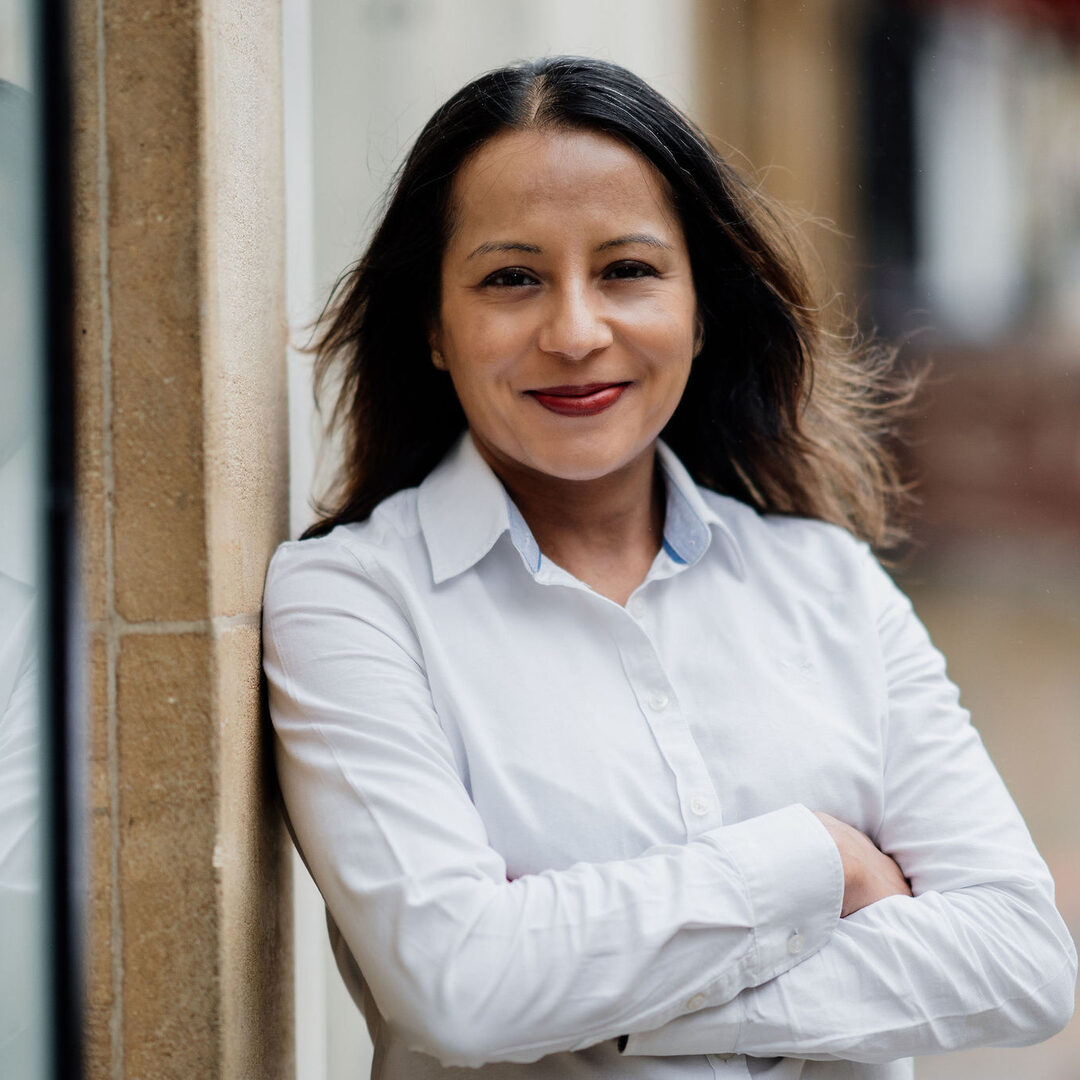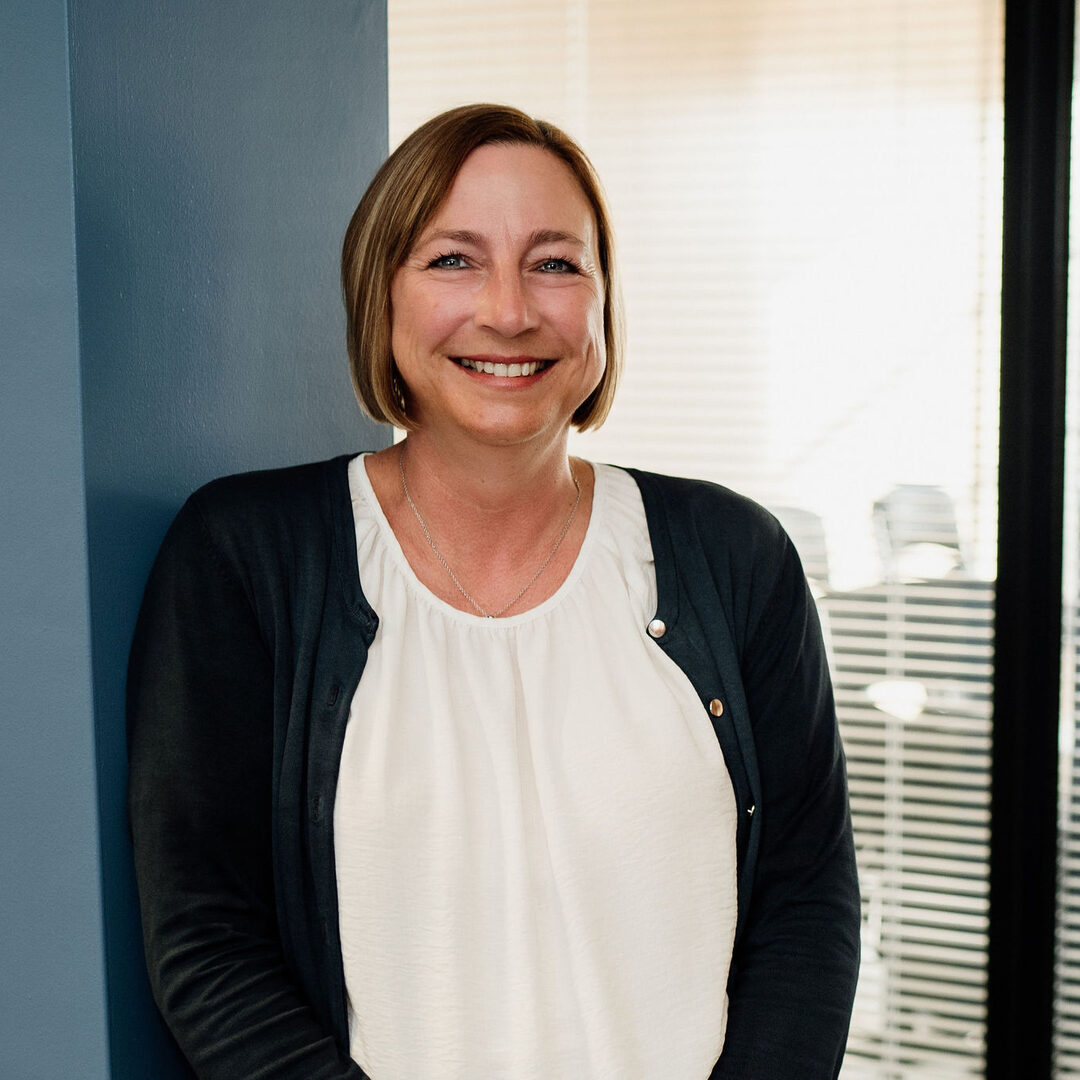Within 14 days – the Respondent should send to Court a form called ‘Acknowledgement of Service’. The form asks the Respondent whether they intend to defend the application, whether any claim for costs is disputed and whether orders affecting any children are sought.
Within 28 days of receipt (longer if the documents have been sent abroad) – whether or not the Respondent has returned the ‘Acknowledgement of Service’, the Respondent must, if they intend to defend the application, file a ‘Defence’ (called an Answer). The application then becomes defended and the procedure outlined below does not apply. Defended divorce proceedings resulting in a fully contested hearing are very rare, but will inevitably cause a delay in proceedings.
If the Respondent does not return the ‘Acknowledgement of Service’ – then proof that the Respondent have received the application will have to be obtained before any further steps are taken. This may involve arranging for someone to deliver the application to the Respondent personally, or more rarely by obtaining a Court order that proof that the Respondent received the application is not needed.










